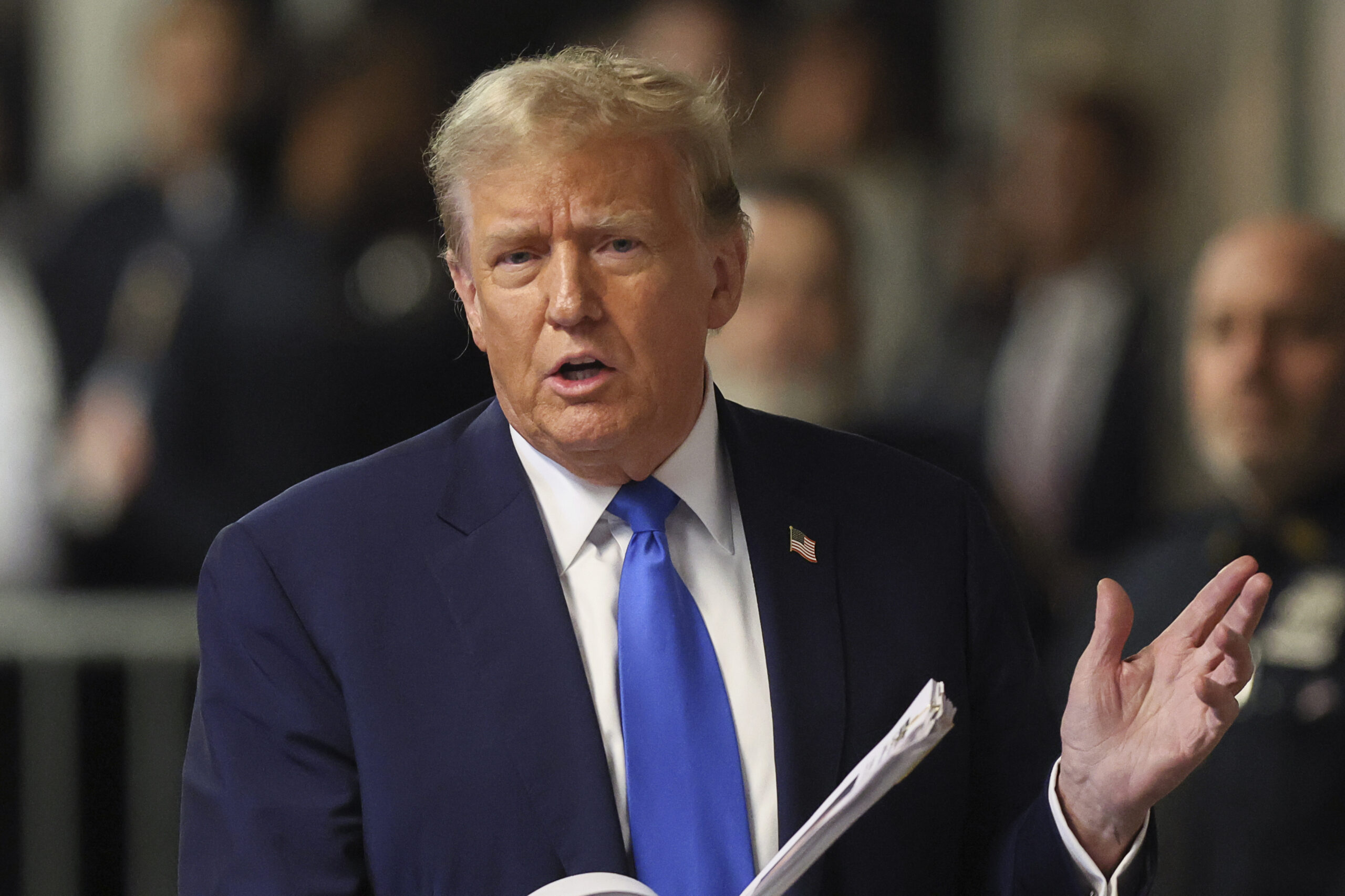Special counsel Jack Smith has filed a superseding indictment against former President Donald Trump in the federal election interference case. This new indictment retains the same charges as the original but adjusts them following a recent Supreme Court ruling on presidential immunity.
The adjustments are meant to align the charges with the Court’s decision, which clarified that Trump is immune from prosecution for official acts performed while he was in office. The indictment was presented to a new grand jury, showing the government’s efforts to respect the Supreme Court’s guidance.
Trump initially pleaded not guilty to charges that accused him of attempting to overturn the 2020 election results. The Supreme Court’s ruling last month granted Trump some immunity for actions taken as president, sending the case back to the lower court to determine which charges could proceed.
In response to this ruling, the special counsel has adjusted the indictment to reflect which actions might be protected by this immunity and which are not. The special counsel also indicated that they do not oppose waiving Trump’s appearance for an arraignment on this new indictment.

Jack Smith Files Revised Indictment Against Trump, Adjusting Charges in Line with Supreme Court Immunity Ruling
The superseding indictment notably omits the Department of Justice’s (DOJ) involvement in Trump’s alleged efforts to overturn the election, a key point in the original indictment. This change reflects the Supreme Court’s view that Trump’s use of the DOJ falls within his official duties and is therefore covered by immunity.
The original indictment detailed five ways Trump allegedly obstructed the federal government, but the new version removes any mention of the DOJ, which had been referenced over 30 times in the previous document.
The new indictment also alters the language regarding Trump’s knowledge of the falsity of his election fraud claims. While the original indictment highlighted that several federal officials, including the Vice President and members of Trump’s own administration, informed him that his claims were baseless, the new indictment simplifies this by stating that Trump was on notice that his claims were untrue.
It emphasizes that Trump, acting in a private capacity rather than as president, continued to spread these false claims to undermine public trust in the election.
Additionally, the superseding indictment omits significant allegations about Trump’s actions during the January 6 Capitol riot, such as his refusal to call off the rioters or withdraw his objections to the election certification.
This revised indictment is more concise, reducing the original 45-page document to 36 pages, focusing on allegations that fall outside the scope of Trump’s official duties as defined by the Supreme Court’s recent ruling. This update follows shortly after Smith urged the Eleventh Circuit Court of Appeals to overturn a judge’s dismissal of another case involving Trump and classified documents.
